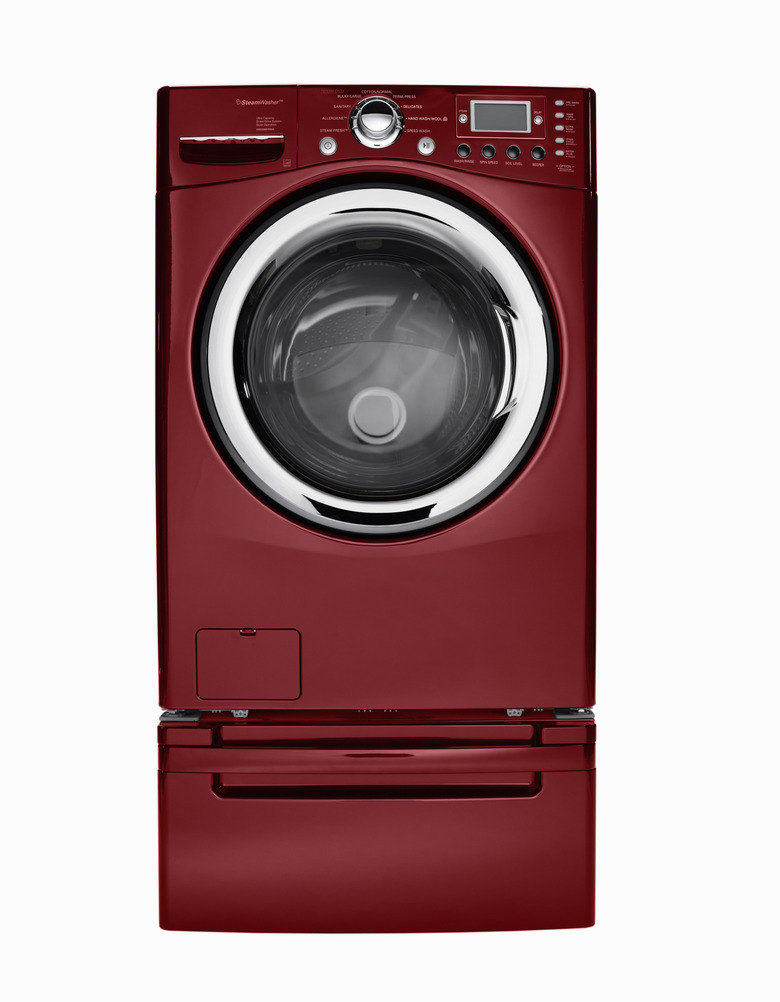My Dryer Smells Of Rotten Egg
When you run the clothes dryer, chances are the only thing you normally smell is the scent of freshly washed clothes. However, that can change in an instant if your dryer develops a leak in the natural gas line that powers the heater. Understanding more about why the dryer would smell like rotten eggs suddenly will help keep your dryer working and your family safe.
Why the Dryer Smells
Natural gas that is used to heat gas clothes dryers does not naturally contain any smell. If you smelled a leaking natural gas tank that contained nothing but the fuel, it wouldn't smell like anything. That's what makes raw natural gas so dangerous — you would never know there was a leak. As a safety precaution, manufacturers of natural gas infuse the fuel with a chemical substance that smells similar to a rotten egg. This rotten egg smell is designed to get your attention fast. If your dryer has developed a small leak near the gas line, chances are you will smell the additive and be alerted to the leak.
How Natural Gas Gets Its Odor
In addition to not having any natural odor, natural gas is also tasteless and colorless. Providers of natural gas add the scent of mercaptan to the fuel for safety. Mercaptan is an acrid chemical that has a smell similar to sulfur or rotten eggs. Mercaptan is found naturally when you cut into an onion, or during the decay of plant or animal matter. However, the scent burns off instantly when natural gas is lit. That's why you never smell the rotten egg odor if the dryer is working properly.
What to do if Your Dryer Smells Like Rotten Egg
Experts recommend leaving the house immediately if you smell rotten eggs near a source that uses natural gas as a fuel. That's because a leaking gas line can lead to explosions if it's allowed to build up in sufficient quantities. Leave the house and do not turn on or off any lights. Doing so may cause a small spark that could ignite the gas. Do not use cell phones or door bells, or anything with an electronic switch. It's also important not to smoke around gas lines or leave open flames near them. Call authorities immediately if you suspect a gas leak. Most fire departments are trained in detecting and sealing a gas leak. Your utility provider may have more information on who to contact in the event of a leak.
Repairing and Installing Dryer Gas Lines
Installing or repairing a natural gas line to a dryer is not the same as installing a water line. Whereas water lines require the use of Teflon tape to seal the threads of the connection points, natural gas lines are build to use compression to seal the fitting. Only the force of a wrench will fully seal the bond between the connections, which have "flared" points that interlock to create a tight seal. Most natural gas line installations, including those to dryers, require professional installation.
